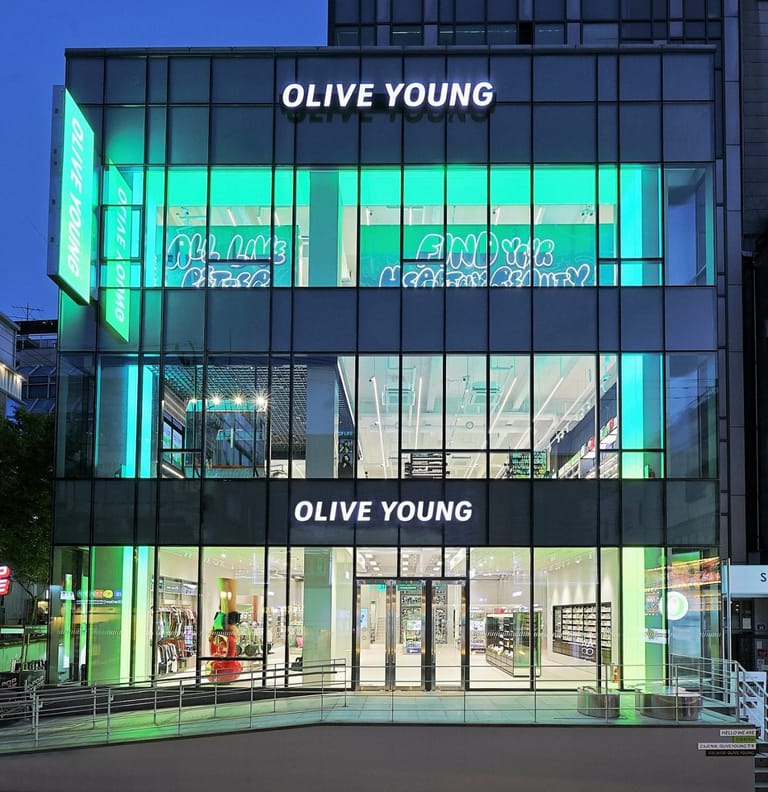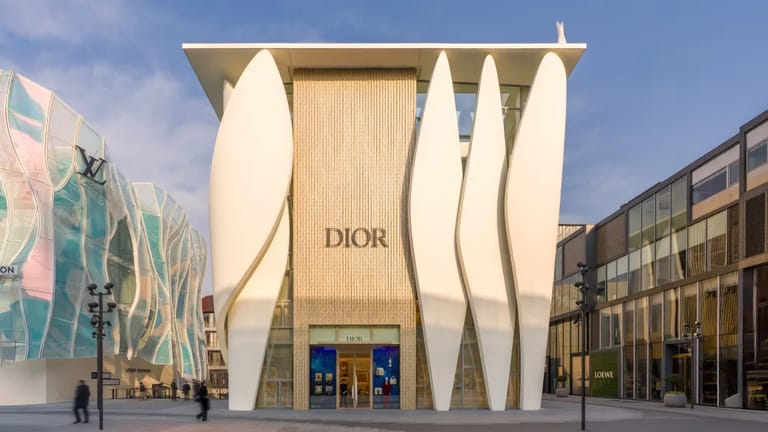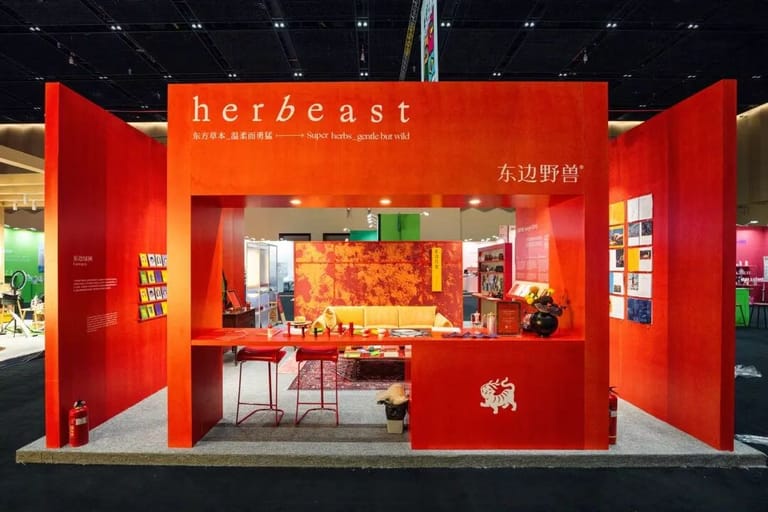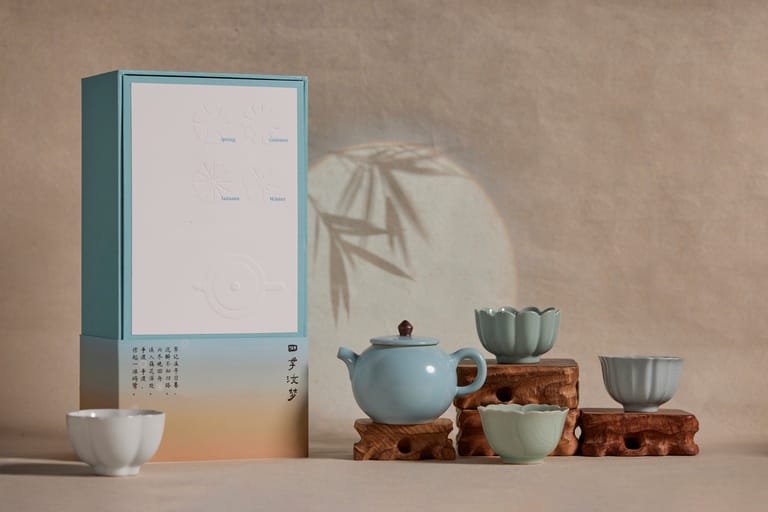Prada Reports Q1 Growth, Versace Names New Ambassador and Nike Restructures Leadership Team

Prada Reports 13 Percent Revenue Growth in Q1 FY 2025
Italian luxury group Prada reported a 13 percent year-on-year revenue increase to 1.341 billion euros for the first quarter of FY 2025. Miu Miu led growth with a 60 percent revenue surge to 416 million euros, while Prada brand sales remained flat. Regionally, Japan rose 18 percent, the Middle East 26 percent, and Europe 14.3 percent. The Americas grew 10 percent, and Asia-Pacific saw a 9.6 percent uptick.
Versace Names Ding Yuxi as Global Brand Ambassador
Versace has officially appointed Chinese actor Ding Yuxi as its global brand ambassador, debuting the partnership with the “La Vacanza” summer campaign. Set against a Mediterranean backdrop, the campaign captures a relaxed holiday spirit. Ding’s previous appearance at the Versace Film Night in Beijing highlighted qualities that align with the brand’s bold identity. Versace continues to engage with the creativity and energy of the younger generation through such collaborations.
Nike Restructures Leadership Team as Part of “Win Now” Strategy
Nike announced major leadership changes, including the retirement of Heidi O’Neill and the promotion of Amy Montagne to Nike Brand President. The company split O’Neill’s division into three units—consumer and sport, marketing, and product creation—reporting directly to CEO John Donahoe. Additional executive shifts include new roles for Phil McCartney, Nicole Graham, and Tom Clarke. The changes align with Nike’s “Win Now” strategy, introduced following a decline in Q3 net income and sales.
Temu Shifts to US-Based Merchants to Navigate Tariff Changes
Temu is moving away from its China-based import model and will now sell only products from US-based merchants to avoid rising tariffs and regulatory changes. The company’s new “local fulfilment” approach aims to maintain current pricing for American consumers. This shift follows recent tariff hikes and the end of the de minimis exemption, which have affected global e-commerce players. Other major retailers are also reassessing pricing and supply chain strategies amid ongoing trade uncertainty.
Estée Lauder Sees Q3 Revenue Growth
Estée Lauder reported Q3 FY 2025 revenue of $3.55 billion, down 9.8 percent year-over-year, with organic net sales down 3 percent excluding travel retail. In China, La Mer and Tom Ford recorded double-digit growth driven by new product launches, offsetting declines in other Asia-Pacific markets. The company continues to adjust its travel retail strategy and strengthen digital and local retail channels. High-end fragrance brands like Le Labo also saw solid growth, and Estée Lauder gained market share in key markets including China.
China’s May Day Holiday Retail and Dining Sales Rise 6.3 Percent Year-on-Year
China’s Ministry of Commerce reported a 6.3 percent year-on-year increase in retail and dining sales during the May Day holiday. Trade-in programs drove strong demand, with over 3 million subsidy applications for vehicle upgrades and nearly 100 million household appliances and digital products sold since early 2025. Sales of home appliances, automobiles, and electronics rose by double digits, while smart home products and sports goods also saw notable growth. Dining and tourism-related services experienced continued momentum, with restaurant sales up 8.7 percent.
Columbia Sportswear Reports Q1 Sales Growth
Columbia Sportswear posted Q1 2025 net sales of $778 million, up 1 percent year-on-year, with operating income rising 4 percent to $46.5 million. International sales now account for 40 percent of revenue, with double-digit growth in Latin America and Asia-Pacific. To manage US tariff pressures, the company is cutting sourcing from China, localizing inventory, and accelerating shipments. Despite uncertainties, Columbia maintains a strong balance sheet and continues to emphasize the strategic importance of the Chinese market.
Nike, Adidas Join Industry Call to Exempt Footwear from US Tariffs
Leading footwear brands including Nike, Adidas, Under Armour, and Puma have urged the Trump administration to exclude shoes from proposed tariffs. In a letter to the White House, industry groups warned the tariffs could raise consumer prices and disrupt supply chains. Companies emphasized that shifting production to the US would be costly and time-consuming. Vietnam and Indonesia, key production hubs, are among the countries most affected.













